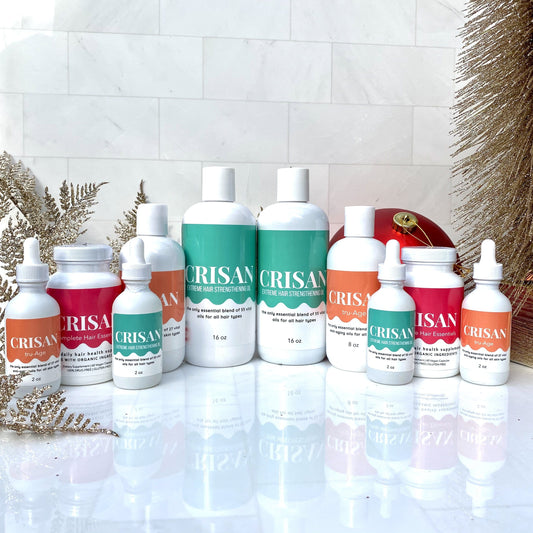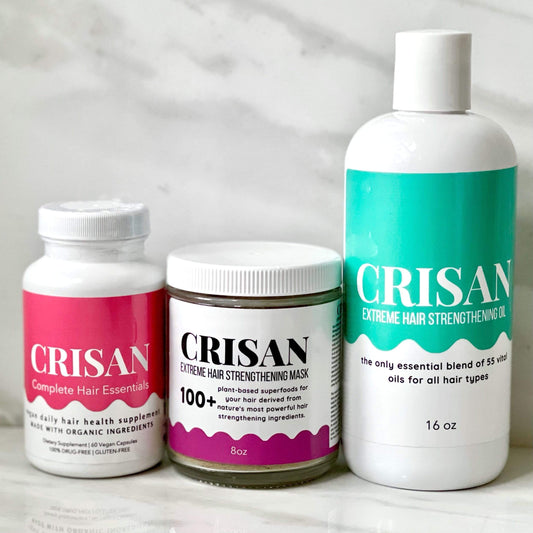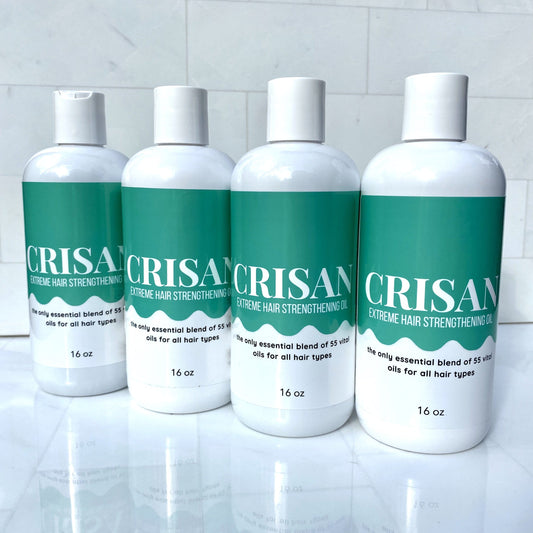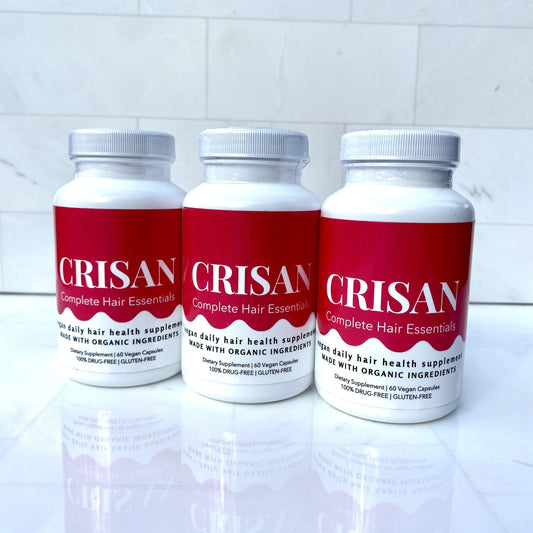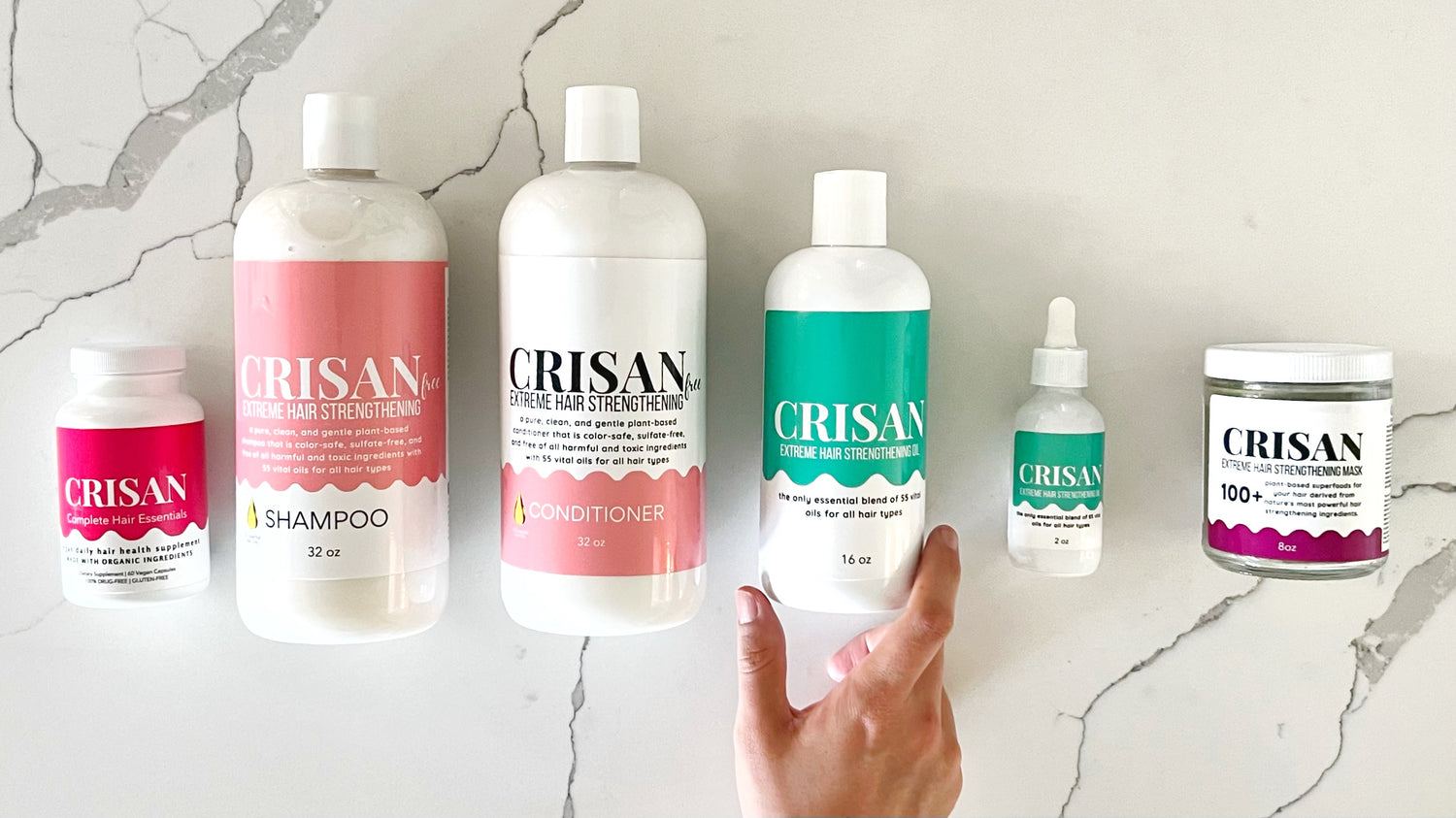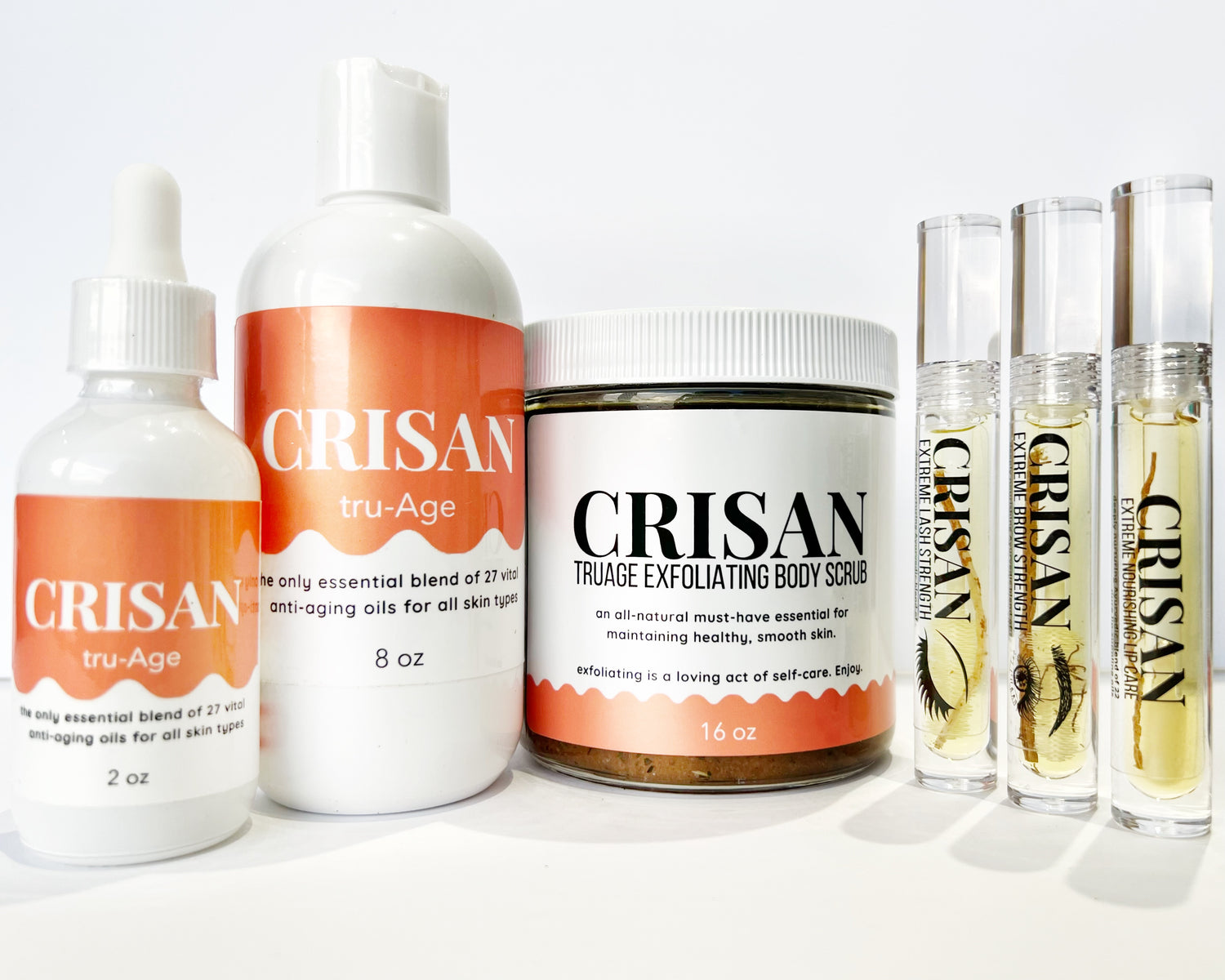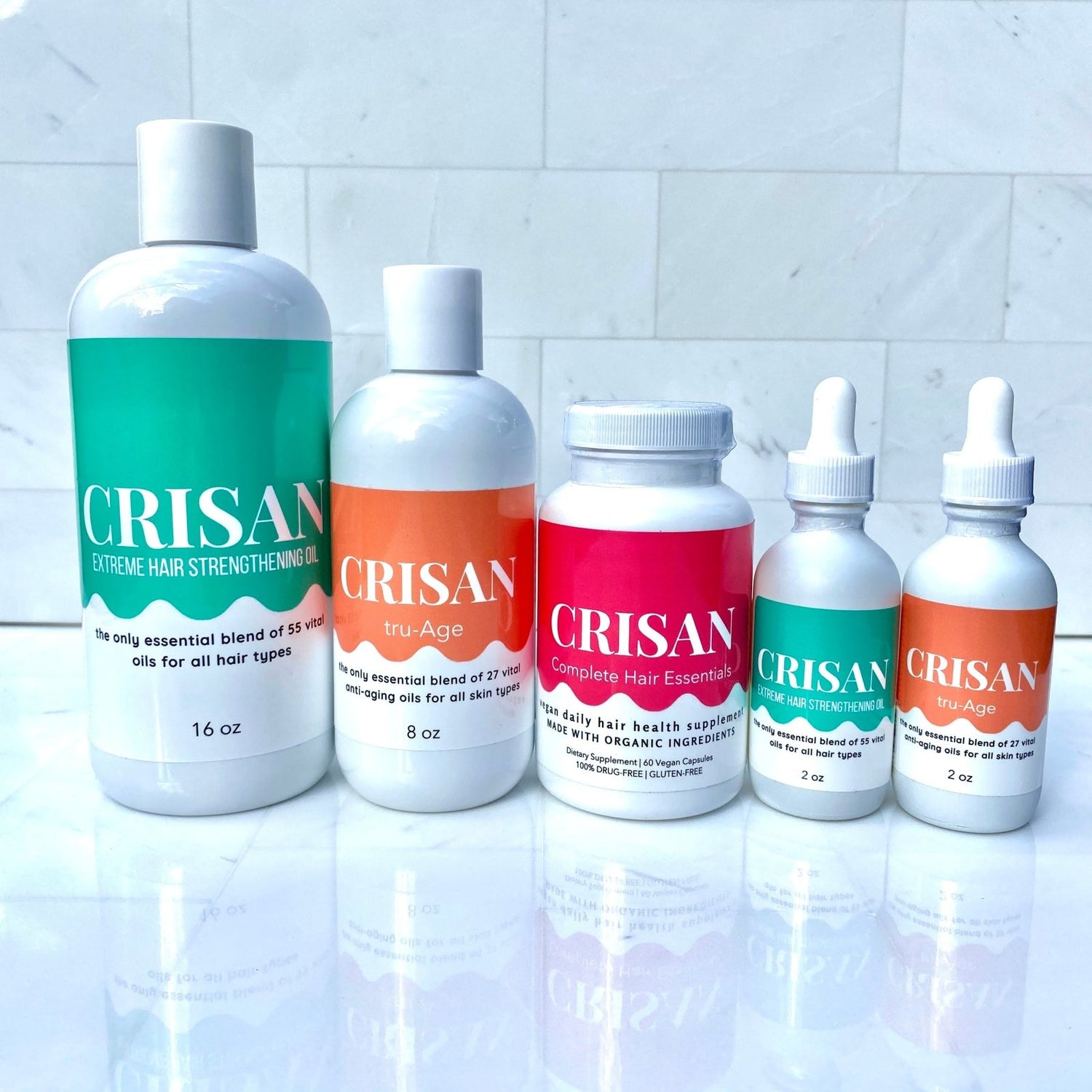How does iron deficiency cause hair loss?
Hair loss can be caused by a variety of factors, including thyroid disease, nutritional deficiencies, and hormonal problems. Hair loss can affect both boys and girls. Male-pattern baldness is just one of the causes. A lack of nutrients can also cause hair loss. Your body cannot create hemoglobin in your blood if you don't have enough iron. Hemoglobin helps transport oxygen throughout your body for cell growth and repair. You may treat both iron deficiency and hair loss with therapy.
What does iron deficiency hair loss look like?
A study published in the Journal of Korean Medical Science found that iron may not only play a role in hair loss, but it may cause hair to fall out in a fashion similar to genetic male- and female-pattern baldness. Therefore, iron deficiency hair loss can resemble traditional male- and female pattern balding.
If you're worried about hair loss, there are some telltale signs to look out for. For example, finding more hair than normal in the shower or while brushing your hair. In more severe cases, you might see bald spots on your head.
How do you cure iron deficiency and hair loss?
Hair loss caused by iron deficiency is often not permanent. The best method to treat this type of hair loss is to manage the original cause of the problem. If you feel that your hair loss might be related to an iron deficiency, please speak with a doctor regarding measuring your iron levels. Your doctor will most likely request a ferritin level blood test, which looks at the amounts of the protein ferritin, which helps to store iron. If your test results show low iron levels, you may treat them with iron supplements. As a result of the extra iron, you may notice a shift in bowel habits; let your doctor know if you have an upset stomach frequently.
Regrowth
There are many natural and ayurvedic ways to treat hair loss, but there are popular mainstream treatments that may work for you too. While they are known to have some side-effects, it is important to note that these methods may work well for some. These include:
- Minoxidil (Rogaine): You apply this popular over-the-counter liquid as a shampoo. You massage it into your scalp twice a day to stimulate hair growth and prevent hair loss. The effects of Rogaine last around 16 weeks, at which time the rate of development should taper off. However, you may continue to use it after 16 weeks for any additional gains. Men and women can both use Rogaine.
- Finasteride (Propecia) is a pill accessible only to men. It may slow hair loss in some men and it can also promote hair regrowth.
- If you are okay with going under the knife, surgery is an option for those experiencing hair loss. Hair transplant and restoration surgery involve taking small plugs of skin that contain hair and placing them in the bald areas on your head.
The long-term outlook for hair loss caused by iron deficiency:
Hair loss caused by an iron deficit should only be temporary. It's always a good idea to see your doctor about treatment choices and get you back on track with your health quickly. Your doctor can assist you in adopting a more balanced diet to guarantee that you obtain the appropriate amount of iron.
Can iron deficiency and hair loss be prevented?
A healthy diet is key to preventing hair loss. Fill up on iron-rich foods like spinach, peas, lean proteins — like pork and salmon — and dried fruit. If you are not getting enough iron from your diet, try incorporating low-sugar iron-fortified cereals such as cheerios into your diet.
Add vitamin C-rich foods to your diet. These foods enhance the efficiency with which iron is absorbed by your body. Make sure you consume more oranges, strawberries, grapes, broccoli, and tomatoes. Wearing your hair down will minimize breakage and loss. Scarves and hats can help protect your hair from the elements. On extremely sunny and windy days, keep your hair covered to prevent damage.
Use mild shampoo to wash your hair. Avoiding pulling out any extra hair during regular upkeep might help you avoid doing so. choose natural, chemical-free alternatives for colors and treatments instead of dyes and chemicals. If you do choose to dye or chemically treat your hair, seek expert assistance or advice. Avoid using heat-based equipment such as blow dryers and curling irons. Add a layer of protection with hair-protectant gel or mousse (which can be found at any supermarket or pharmacy) if necessary.



